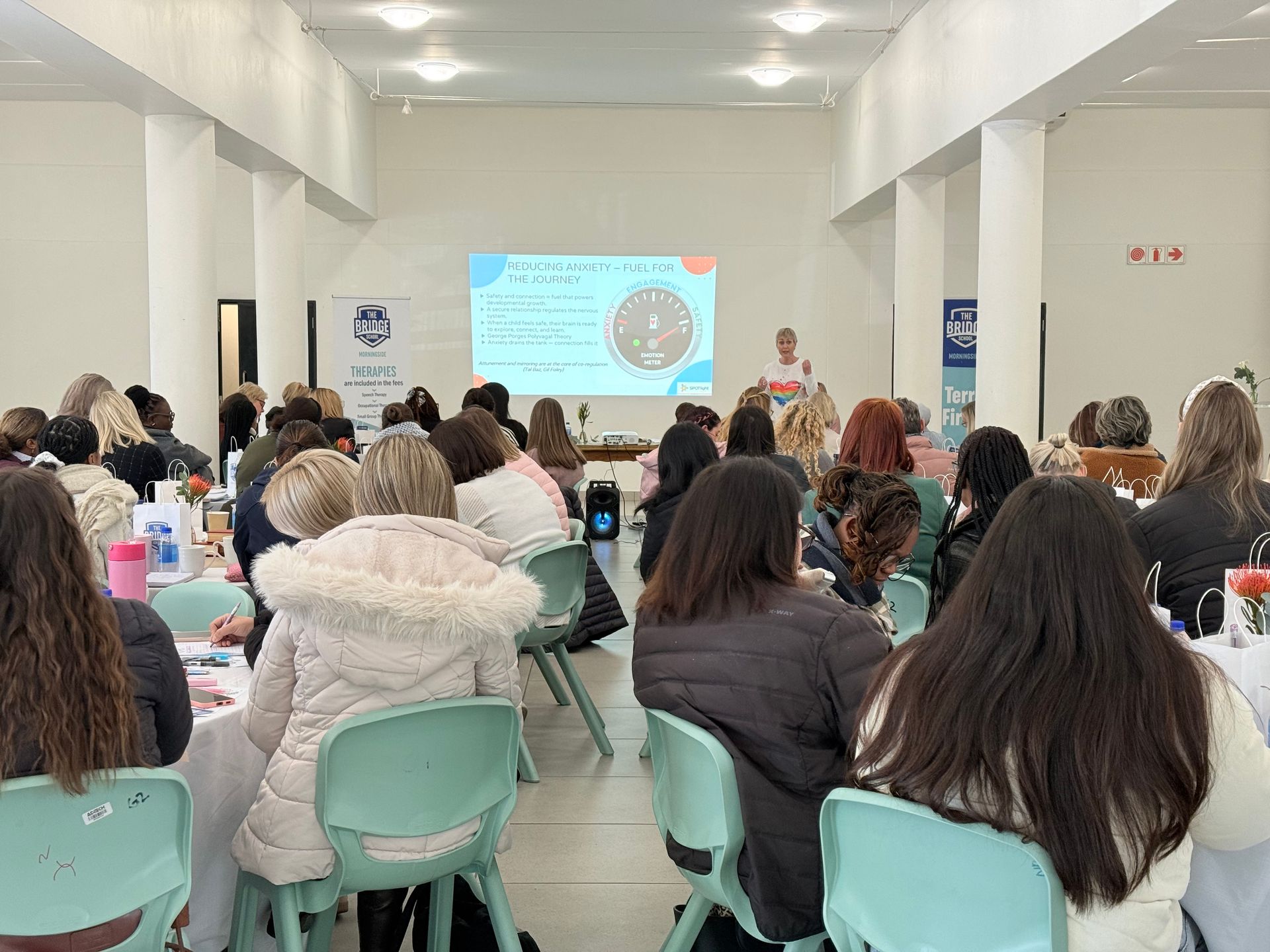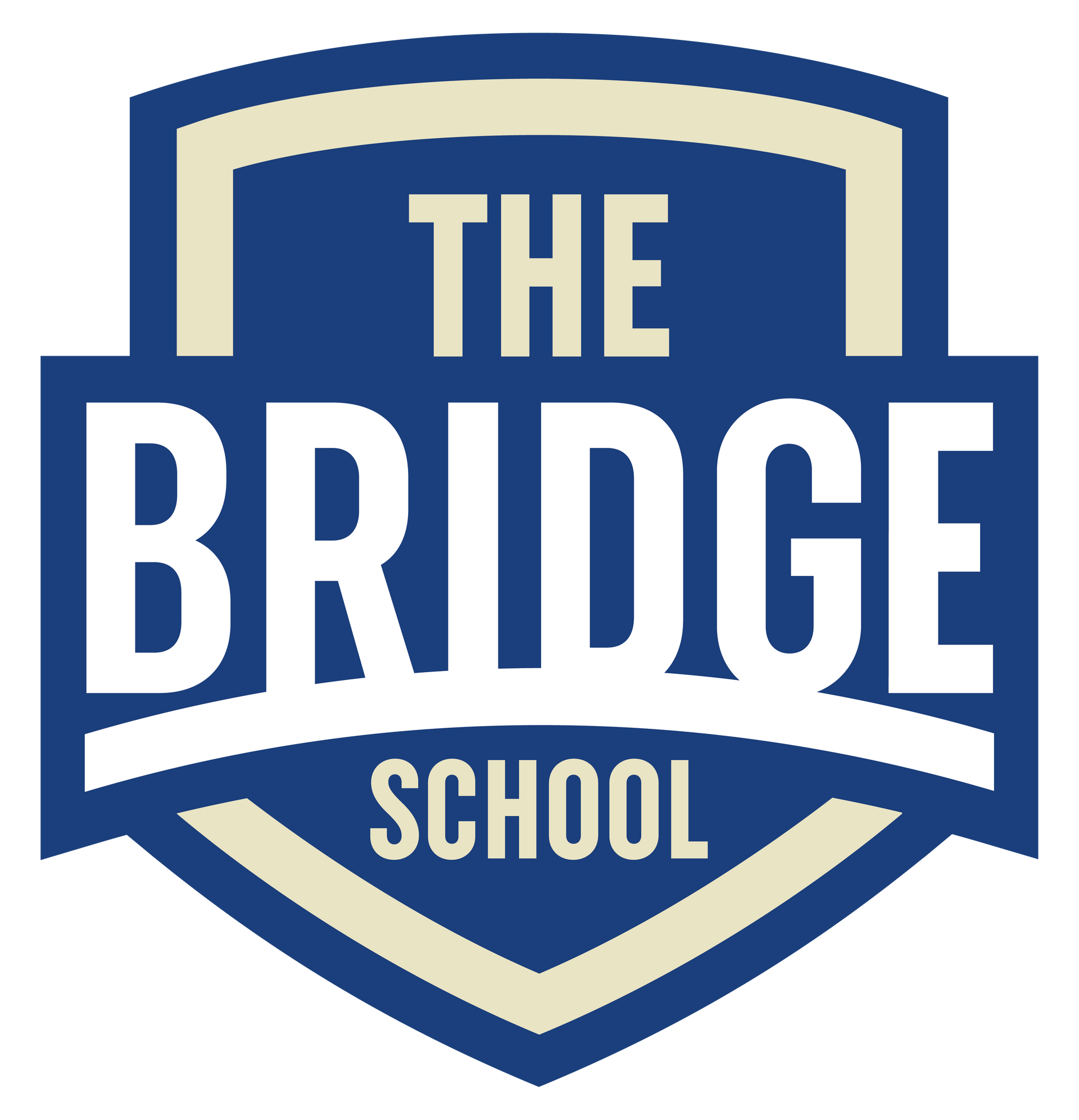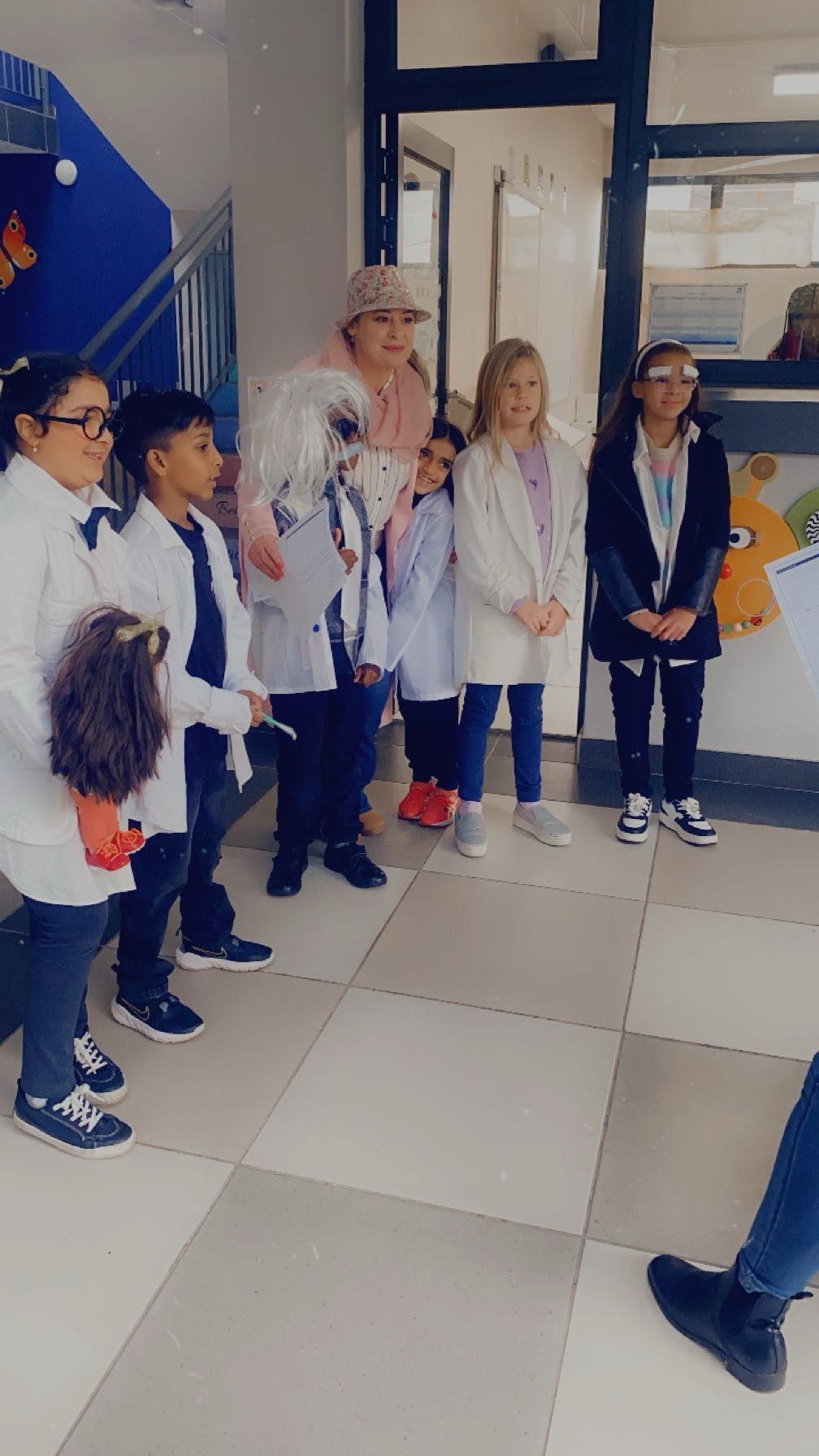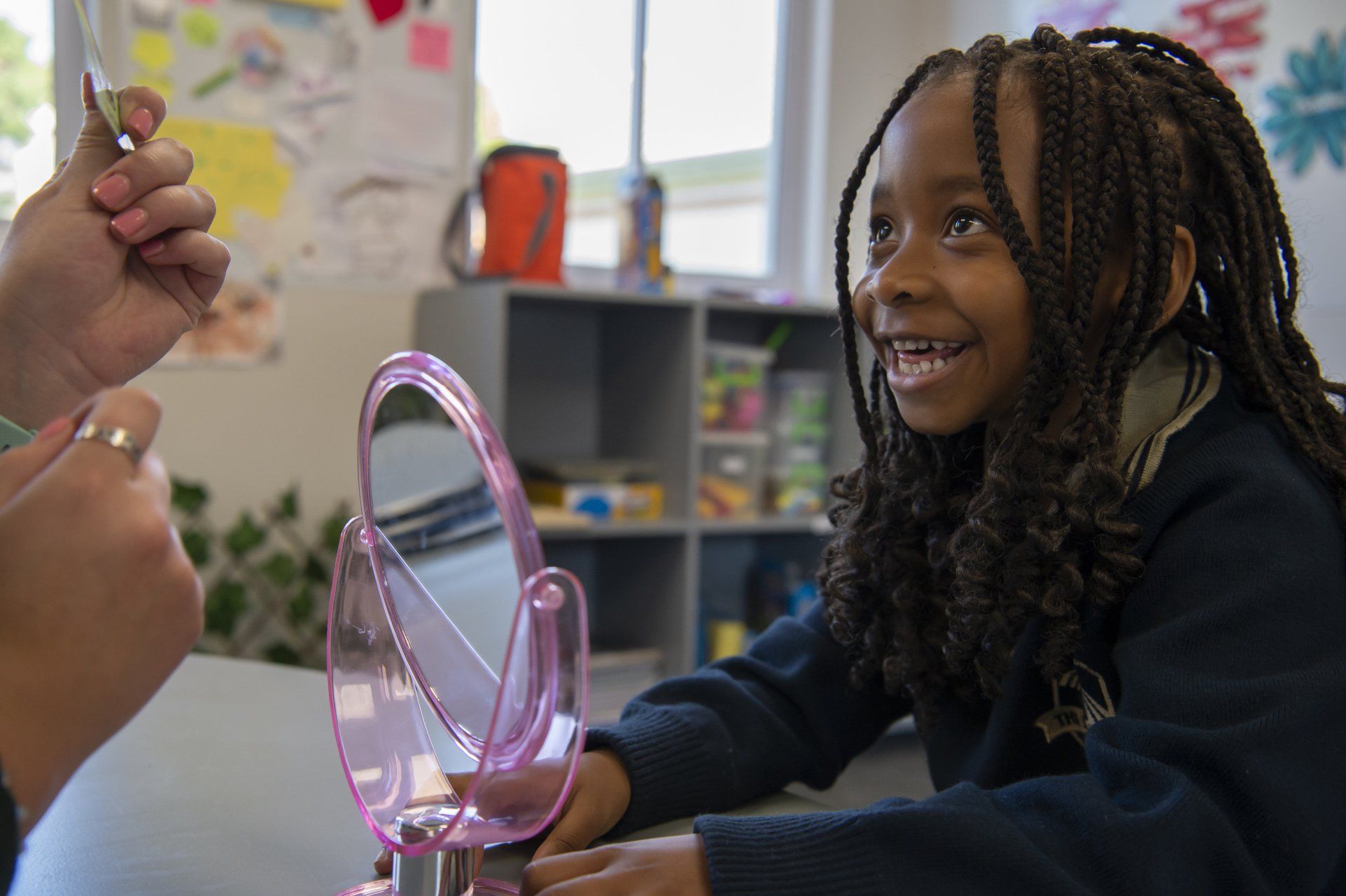Key Teaching Qualities That Empower Neurodiverse Students
In an inclusive and diverse educational environment, the responsibilities of a teacher go beyond the conventional pedagogy. When teaching at schools that support neurodiversity, where students have challenges such as dyslexia, autism, ADHD, and other neurodivergent profiles, it is particularly important to have a broader view of one’s responsibility. In this setting, the ideal teacher is not only an instructor, but also a mentor, a guide, and an advocate for the individual potential of every student.
Patience and understanding are essential when working with neurodivergent students. Some students may frequently take longer to understand topics, and they may behave very differently from their neurotypical peers. A teacher who embodies empathy for these distinctions creates a classroom where each student feels encouraged and respected.
Personalised instruction greatly benefits neurodivergent students. A great teacher can adapt their teaching methods to fit the needs of students with different learning styles. We are particularly passionate about this aspect at The Bridge School. Through the use of technology, interactive exercises, or visual assistance, teachers can adapt their approaches to better meet the individual needs of each student. This flexibility extends to classroom management, where educators must come up with innovative and practical ways to deal with the dynamic and frequently unpredictable responses of some neurodivergent students.
Communication must be clear, consistent and concise in a neurodiverse classroom. Teachers must give directions in a way that all students can understand. It is equally crucial to listen actively to make sure that students feel valued and heard. Active listening guides the teacher’s instruction. Effective communication extends outside the classroom, and it requires regular and honest communication with parents, caregivers, and other professionals to provide every student with a comprehensive support system.
To enhance their confidence and sense of self, neurodivergent benefit greatly from a positive and encouraging attitude. It is crucial to provide students with encouragement and positive reinforcement so they can acknowledge and appreciate their accomplishments. The teacher’s belief in each student’s potential is paramount to fostering a nurturing environment which inspires students to achieve their best.
It takes specific expertise to comprehend the intricacies of neurodivergent challenges. A degree or further degree in Psychology serves as an excellent foundation, as a deeper understanding of the human mind is essential. This should of course be accompanied by a solid foundation of the subject being taught. For teachers to effectively assist their students, they must stay current on research, tactics, and resources through ongoing professional development.
Innovative and creative teaching strategies are frequently needed to engage neurodivergent students. Teachers should create lessons that appeal to a variety of learning styles and pique students' interests. This ingenuity improves memory and comprehension of the subject matter and provides a more appealing learning experience. Creative problem-solving abilities enable the teacher to handle particular challenges, guaranteeing a seamless and efficient learning process.
Neurodivergent students commonly present with an increased sensitivity to stimuli. Being knowledgeable and mindful of these sensitivities and adjusting the classroom atmosphere appropriately are essential qualities of an excellent teacher.
Finally, teachers at a school for neurodivergent students should possess a high level of understanding and controlling their own emotions, as well as those of their students. This requires a high level of emotional intelligence. An excellent teacher demonstrates emotional control and self-regulation while teaching students self-management techniques. Facilitating the growth of social skills and peer relationships is crucial in assisting neurodivergent adolescents in managing social difficulties and forming significant relationships.
Frequently Asked Questions
What are the most important teacher qualities for neurodiverse students?
The most essential teacher qualities for neurodiverse students include patience, understanding, empathy, and the ability to provide personalised instruction. Teachers must adapt their methods to fit different learning styles and create supportive environments where students with dyslexia, autism, ADHD, and other neurodivergent profiles feel respected and encouraged to reach their potential.
How should teachers communicate with neurodiverse learners?
Teachers should use clear, consistent, and concise communication when working with neurodiverse students. Instructions must be given in ways all students can understand, and active listening is crucial to ensure students feel valued and heard. Effective communication also extends to regular collaboration with parents, caregivers, and other professionals.
Why is personalised instruction important for neurodivergent students?
Personalised instruction is vital because neurodivergent students have diverse learning styles and needs. Great teachers adapt their methods using technology, interactive exercises, or visual aids to meet individual requirements. This flexibility extends to classroom management, where educators must develop innovative approaches to handle dynamic and sometimes unpredictable student responses.
What educational background is best for teachers of neurodiverse students?
A degree in Psychology provides an excellent foundation for understanding neurodivergent challenges, as deeper knowledge of the human mind is essential. This should be combined with solid subject expertise and ongoing professional development. Teachers must stay current on research, tactics, and resources to effectively support their students' unique needs.
How can teachers create a positive learning environment for neurodivergent students?
Teachers should maintain a positive, encouraging attitude and provide regular positive reinforcement to help students acknowledge their accomplishments. The teacher's belief in each student's potential is paramount to fostering a nurturing environment. Additionally, being mindful of sensory sensitivities and adjusting the classroom atmosphere accordingly creates optimal learning conditions.
What creative teaching strategies work best for neurodiverse learners?
Innovative teaching strategies that appeal to various learning styles are essential for engaging neurodivergent students. Teachers should create lessons that pique students' interests and improve memory and comprehension. Creative problem-solving abilities enable teachers to handle specific challenges, ensuring a seamless and efficient learning process that accommodates different neurological profiles.
Why is emotional intelligence crucial for teachers of neurodiverse students?
High emotional intelligence is essential because teachers must understand and control their own emotions while managing those of their students. Excellent teachers demonstrate emotional control and self-regulation while teaching students self-management techniques. This skill is crucial for facilitating social skills development and helping neurodivergent adolescents navigate social difficulties.
How do teachers support social development in neurodiverse students?
Teachers support social development by facilitating peer relationships and teaching social skills explicitly. They help neurodivergent adolescents manage social difficulties and form meaningful relationships through structured activities and guidance. This involves creating opportunities for positive peer interactions while providing coaching on social communication and relationship-building skills within the classroom environment.











